Key Risks and Safety for Full Body Liposuction Thailand
.jpg)
Before diving into the specifics, let's address the question directly: Is full body liposuction in Thailand safe? The straightforward answer is yes, it can be, provided you approach it with diligent research and make informed choices.
Thailand has emerged as a global leader in medical tourism, drawing thousands of international patients seeking various procedures, including cosmetic surgeries like full body liposuction. This popularity isn't just about attractive pricing; it's also a testament to the high standards of care, experienced medical professionals, and advanced facilities available in many of its top hospitals and clinics.
However, like any significant medical procedure, safety is never guaranteed without personal vigilance. The key to a safe and successful full body liposuction experience in Thailand lies in selecting a reputable, accredited clinic and a highly qualified, board-certified surgeon.
Patients should prioritize facilities with international accreditations, transparent practices, and comprehensive pre- and post-operative care plans. Understanding the procedure, its potential risks, and what constitutes a good medical provider will empower you to make the best decision for your health and aesthetic goals.
Is Full Body Liposuction in Thailand Generally Safe?
Thailand has invested significantly in its medical infrastructure, with many hospitals and clinics achieving international accreditation, such as Joint Commission International (JCI). This accreditation signifies adherence to rigorous patient safety and quality-of-care standards comparable to leading Western facilities. For full body liposuction, this means that top Thai clinics are equipped with modern technology, employ skilled medical staff, and follow strict hygiene protocols, reducing the risk of complications.
The safety of full body liposuction, regardless of location, relies heavily on several factors: the surgeon's expertise, the quality of the medical facility, and the patient's overall health. In Thailand, many plastic surgeons have received training from renowned international institutions and are members of global plastic surgery associations. They perform these procedures regularly, gaining extensive experience. However, it is crucial for individuals to conduct their own thorough research to ensure they are choosing a provider with a proven track record and excellent patient outcomes.
What Are the Risks Associated with Full Body Liposuction?
While full body liposuction is generally safe, it carries inherent risks like any surgical procedure. It's important for patients to be fully aware of these before proceeding. Common, less severe risks often include:
- Bruising and Swelling: These are temporary and expected, subsiding over several weeks.
- Numbness: Temporary or, in rare cases, permanent changes in skin sensation in treated areas.
- Seroma: Fluid accumulation under the skin, which may require drainage.
- Contour Irregularities: Uneven results, dents, or lumps if fat removal is uneven.
More serious, though rare, complications can include infection, excessive bleeding, allergic reactions to anesthesia, skin necrosis (tissue death), or fat embolism (a fat particle entering the bloodstream). To minimize these risks, a thorough pre-operative medical evaluation is essential to ensure the patient is a suitable candidate, and adherence to all post-operative instructions is critical for proper healing and recovery.
How to Choose a Reputable Clinic for Liposuction in Thailand?
Selecting the right clinic is the most crucial step in ensuring a safe and successful full body liposuction experience. Here’s a checklist to guide your decision:
- Accreditation: Prioritize clinics with international accreditations like JCI (Joint Commission International). This signifies adherence to global benchmarks for quality and patient safety.
- Surgeon Credentials: Verify that the surgeon is board-certified in plastic surgery by the Thai Medical Council and ideally has membership in international plastic surgery organizations. Inquire about their specific experience with full body liposuction.
- Facility Standards: Ensure the clinic has state-of-the-art equipment, sterile operating rooms, and robust emergency protocols.
- Patient Reviews and Testimonials: Look for independent reviews and testimonials from previous patients. Request before-and-after photos specific to the surgeon’s work.
- Communication and Transparency: A reputable clinic will offer thorough consultations, clear explanations of the procedure, associated risks, expected outcomes, and transparent pricing without hidden fees.
Don't hesitate to ask questions, no matter how minor they seem. A good clinic and surgeon will welcome your inquiries and provide comprehensive answers to build your confidence and trust.
What Qualifications Should a Surgeon Have for Liposuction in Thailand?
The surgeon's qualifications are paramount to the success and safety of your full body liposuction. A qualified surgeon should possess:
- Board Certification: This is non-negotiable. Ensure the surgeon is certified by the Thai Board of Plastic Surgery. This indicates they have completed rigorous training, passed demanding examinations, and adhere to ethical standards.
- Specialized Training: Beyond general plastic surgery, look for surgeons who have specific training and a keen understanding of body contouring techniques, including the various types of liposuction (e.g., VASER, tumescent, laser-assisted).
- Extensive Experience: Ask about the number of full body liposuction procedures they have performed and request to see before-and-after photos of their actual patients. A surgeon with a deep portfolio demonstrates consistent results and familiarity with different body types.
- Professional Memberships: Membership in organizations like the International Society of Aesthetic Plastic Surgery (ISAPS) or the Thai Society of Plastic and Reconstructive Surgeons suggests a commitment to ongoing education and best practices.
During your consultation, assess the surgeon's communication style, their ability to understand your aesthetic goals, and their willingness to discuss potential risks and realistic outcomes. A good surgeon will be transparent and prioritize your safety above all else.
What is the Typical Cost of Full Body Liposuction in Thailand?
One of the primary reasons people consider full body liposuction in Thailand is the significant cost savings compared to Western nations like the US, UK, or Australia. While prices vary, a general estimate for full body liposuction can range from approximately $5,000 to $15,000 USD. This cost typically includes surgeon's fees, anesthesia, facility fees, and some post-operative care.
Several factors influence the final cost:
- Number of Areas: Treating more body areas (e.g., abdomen, thighs, arms, back) will increase the overall price.
- Volume of Fat Removed: Procedures involving larger volumes of fat removal may incur higher costs.
- Technique Used: Advanced techniques like VASER liposuction or laser-assisted liposuction might be slightly more expensive than traditional methods due to specialized equipment.
- Surgeon's Experience and Clinic Reputation: Highly sought-after surgeons and internationally accredited facilities may charge more for their expertise and premium services.
It's crucial to obtain a detailed, itemized quote from the clinic during your consultation to understand exactly what is included and to avoid any unexpected expenses. Always remember that while cost is a factor, it should not be the sole determinant when choosing a medical procedure of this nature.
What Does the Recovery Process Involve After Full Body Liposuction?
The recovery process after full body liposuction is a critical phase for achieving optimal results and minimizing complications. Immediately after the procedure, you can expect some discomfort, swelling, and bruising in the treated areas. Pain medication will be prescribed to manage any discomfort.
Key aspects of the recovery process include:
- Compression Garments: You will be required to wear compression garments continuously for several weeks (typically 4-6 weeks). These garments help reduce swelling, promote skin retraction, and support the new contours.
- Activity Restrictions: Strenuous activities, heavy lifting, and intense exercise should be avoided for at least 3-4 weeks. Light walking is often encouraged soon after surgery to promote circulation and prevent blood clots.
- Managing Swelling and Bruising: Swelling can persist for several weeks or even months, gradually subsiding. Bruising will typically fade within 2-4 weeks. Following your surgeon's advice on diet, hydration, and gentle movement can aid this process.
- Follow-up Appointments: Regular follow-up appointments with your surgeon are essential to monitor your healing progress, remove any drains if necessary, and address any concerns.
While initial results are often visible once swelling begins to decrease, the final aesthetic outcome may take several months to fully manifest as all residual swelling resolves and tissues settle. Patience and adherence to post-operative instructions are vital for a smooth recovery and satisfactory results.
Are There Specific Accreditation Standards for Medical Facilities in Thailand?
Thailand's reputation as a medical tourism hub is built, in part, on its commitment to high standards in healthcare. Many of its premier hospitals and clinics have sought and achieved international accreditations, with JCI being the most recognized. JCI accreditation is a testament to a facility's dedication to meeting global standards in areas like:
- Patient Safety: Implementing robust protocols to prevent surgical errors, infections, and other adverse events.
- Quality of Care: Ensuring consistent and high-quality medical, nursing, and support services.
- Infection Control: Adhering to strict hygiene and sterilization practices to minimize infection risks.
- Staff Qualifications: Verifying the credentials and ongoing training of all medical professionals.
Beyond JCI, the Thai Medical Council plays a crucial role in regulating doctors and ensuring they meet professional and ethical standards. When considering full body liposuction in Thailand, specifically choosing a JCI-accredited facility provides an added layer of assurance regarding the quality and safety of your care, aligning with the best practices found worldwide.
How Does Post-Operative Care Work for International Patients in Thailand?
Excellent post-operative care is crucial for the safety and success of full body liposuction, especially for international patients. Thai medical tourism providers are well-versed in catering to overseas visitors and often have dedicated international patient departments to facilitate a seamless experience. This typically includes:
- Scheduled Follow-up Visits: Clinics arrange follow-up appointments before you return home to monitor healing, remove stitches or drains, and address any concerns.
- Medication and Supplies: Prescriptions for pain relief, antibiotics, and other necessary medications are provided, along with clear instructions for their use. Compression garments are also supplied.
- Language Support: English-speaking coordinators and medical staff are readily available to ensure clear communication throughout your stay.
- Accommodation and Transportation Assistance: Many clinics offer or recommend nearby recovery hotels or guesthouses and can help arrange transportation to and from the airport and clinic.
It is important to discuss the duration of your stay required for adequate post-operative monitoring with your surgeon before traveling. Most patients stay in Thailand for at least 1-2 weeks after full body liposuction to ensure initial healing is progressing well before long-haul travel.
What Are the Alternatives to Full Body Liposuction?
While full body liposuction is effective for targeted fat removal and body contouring, it's not the only option. Depending on your goals and health status, several alternatives might be considered:
- Non-Surgical Fat Reduction:
- CoolSculpting (Cryolipolysis): Uses controlled cooling to freeze and eliminate fat cells.
- truSculpt (Radiofrequency): Uses radiofrequency energy to heat and destroy fat cells.
- SculpSure (Laser Lipolysis): Employs laser energy to target and reduce fat cells.
- Surgical Body Contouring Procedures:
- Tummy Tuck (Abdominoplasty): Removes excess skin and fat from the abdomen and tightens abdominal muscles, ideal for significant loose skin after weight loss or pregnancy.
- Body Lift: A more extensive procedure that addresses excess skin and fat around the torso, thighs, and buttocks.
- Lifestyle Changes: For overall weight loss and body shape improvement, a consistent regimen of diet and exercise remains fundamental. Liposuction is a contouring procedure, not a weight-loss solution, and is best suited for individuals near their ideal weight with stubborn fat pockets.
A consultation with a qualified surgeon can help you determine the most appropriate treatment plan for your specific needs and desired outcomes.
How Does Thailand's Medical Tourism Compare to Other Countries for Cosmetic Surgery?
Thailand has solidified its position as a premier destination for medical tourism, particularly for cosmetic surgery, attracting hundreds of thousands of international patients annually. When compared to other popular medical tourism destinations, Thailand offers a unique blend of advantages:
| Feature | Thailand's Offering | Comparison to Other Destinations |
|---|---|---|
| Quality of Care | Many JCI-accredited hospitals, modern facilities, highly trained surgeons. | Comparable to Western standards; often exceeds in patient-centric services. |
| Cost-Effectiveness | Significant savings (30-70% less) compared to North America or Europe. | Generally more affordable than Singapore or South Korea, competitive with Mexico/Turkey. |
| Surgeon Expertise | Many internationally trained and experienced plastic surgeons. | Strong expertise, especially in cosmetic procedures due to high volume. |
| Patient Experience | Renowned for hospitality, English-speaking staff, dedicated international patient services. | Often cited for superior patient comfort and welcoming environment. |
| Recovery Environment | Offers appealing tourist destinations for discreet and relaxing recovery. | Adds value with tourism opportunities during recovery, unlike solely clinical destinations. |
While countries like South Korea are renowned for specific aesthetic procedures (e.g., facial surgery) and Mexico/Turkey offer competitive pricing, Thailand provides a more comprehensive package of high-quality care, affordability, and a globally recognized tourism infrastructure that makes the entire medical journey pleasant and supportive.
Ready to explore your options for full body liposuction or other medical treatments? PlacidWay connects you with top-tier international clinics and hospitals, offering transparent information and personalized assistance to help you make informed decisions about your healthcare journey. Visit PlacidWay today to discover solutions tailored to your needs.




.png)

.png)

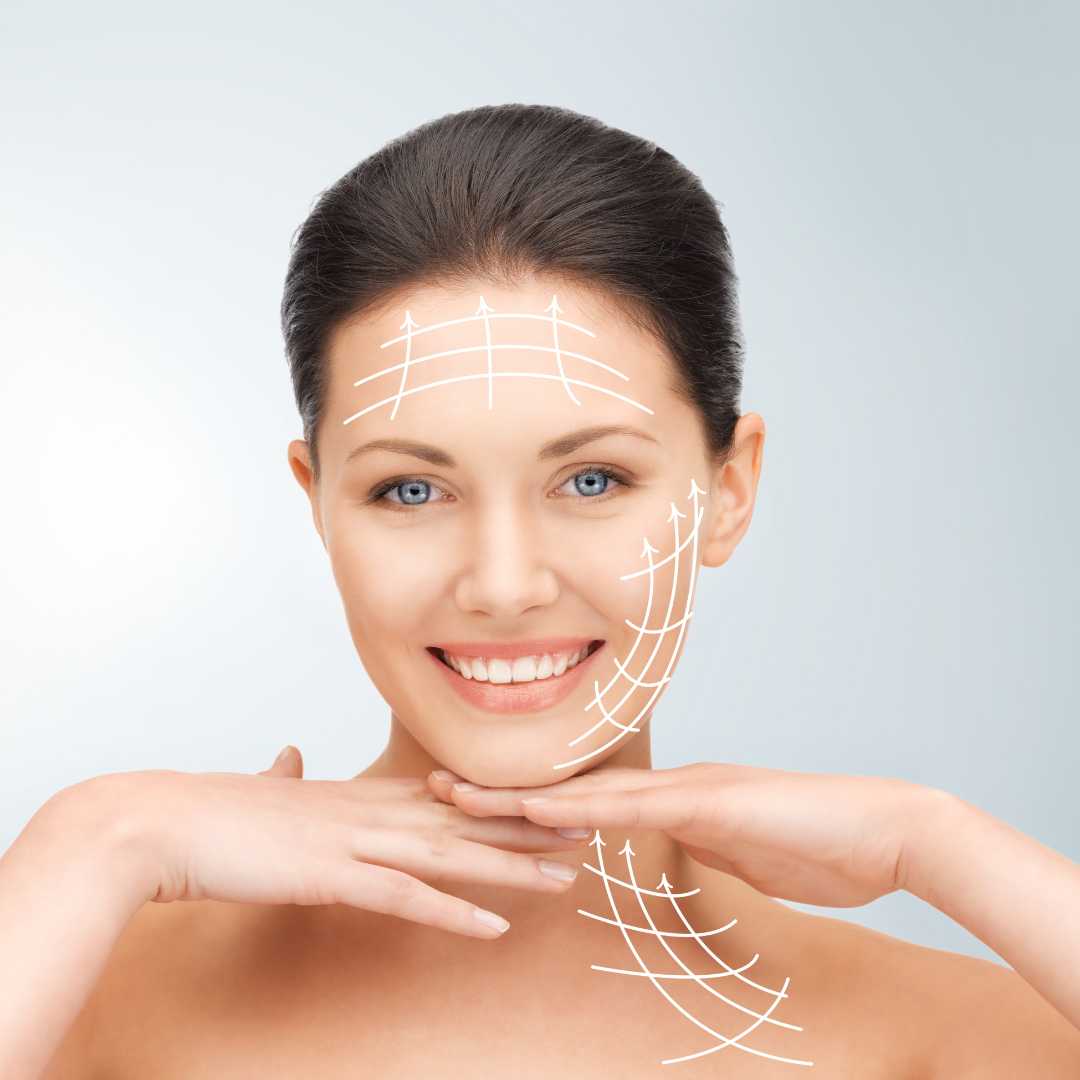
.png)
.png)


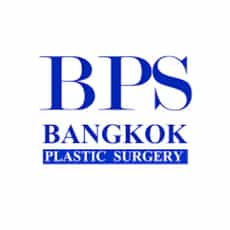
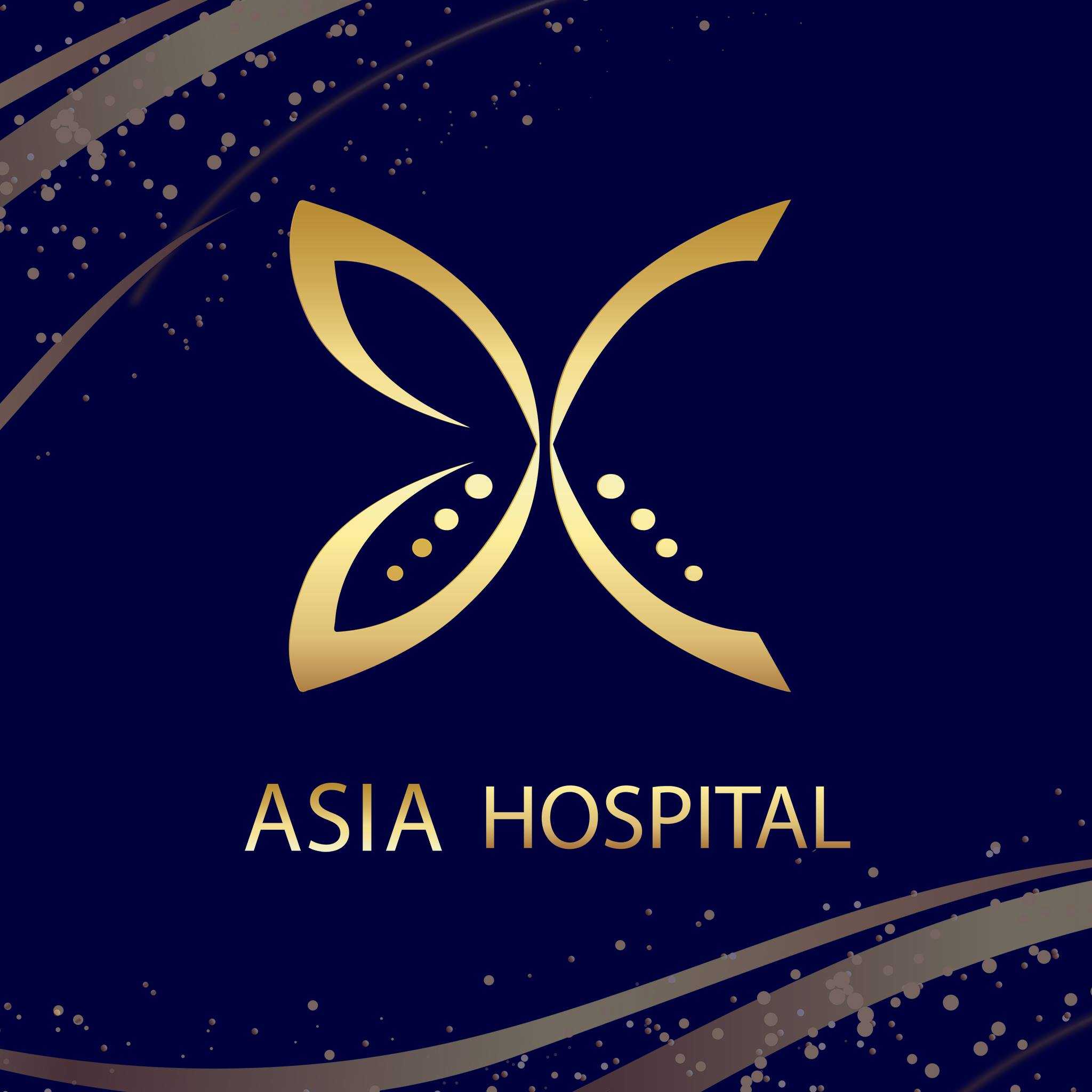
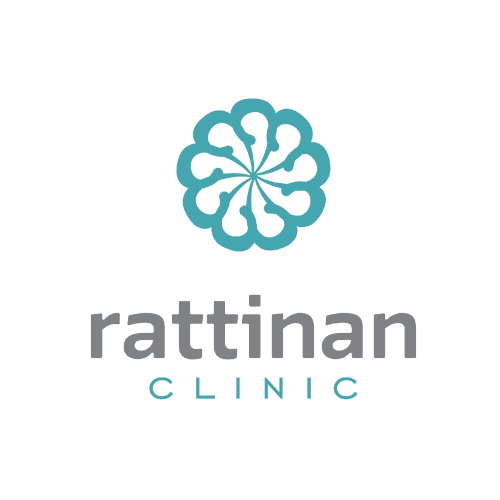
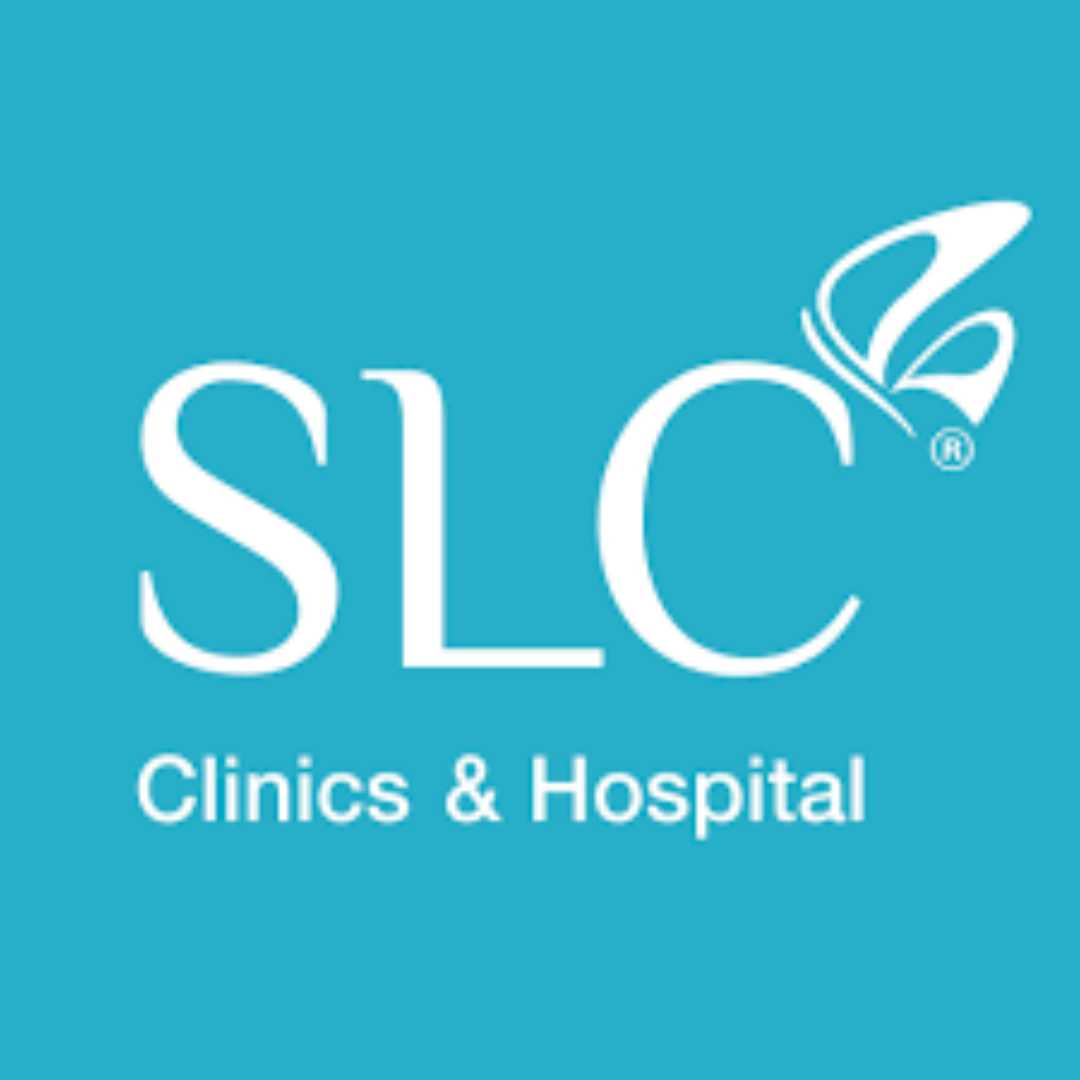
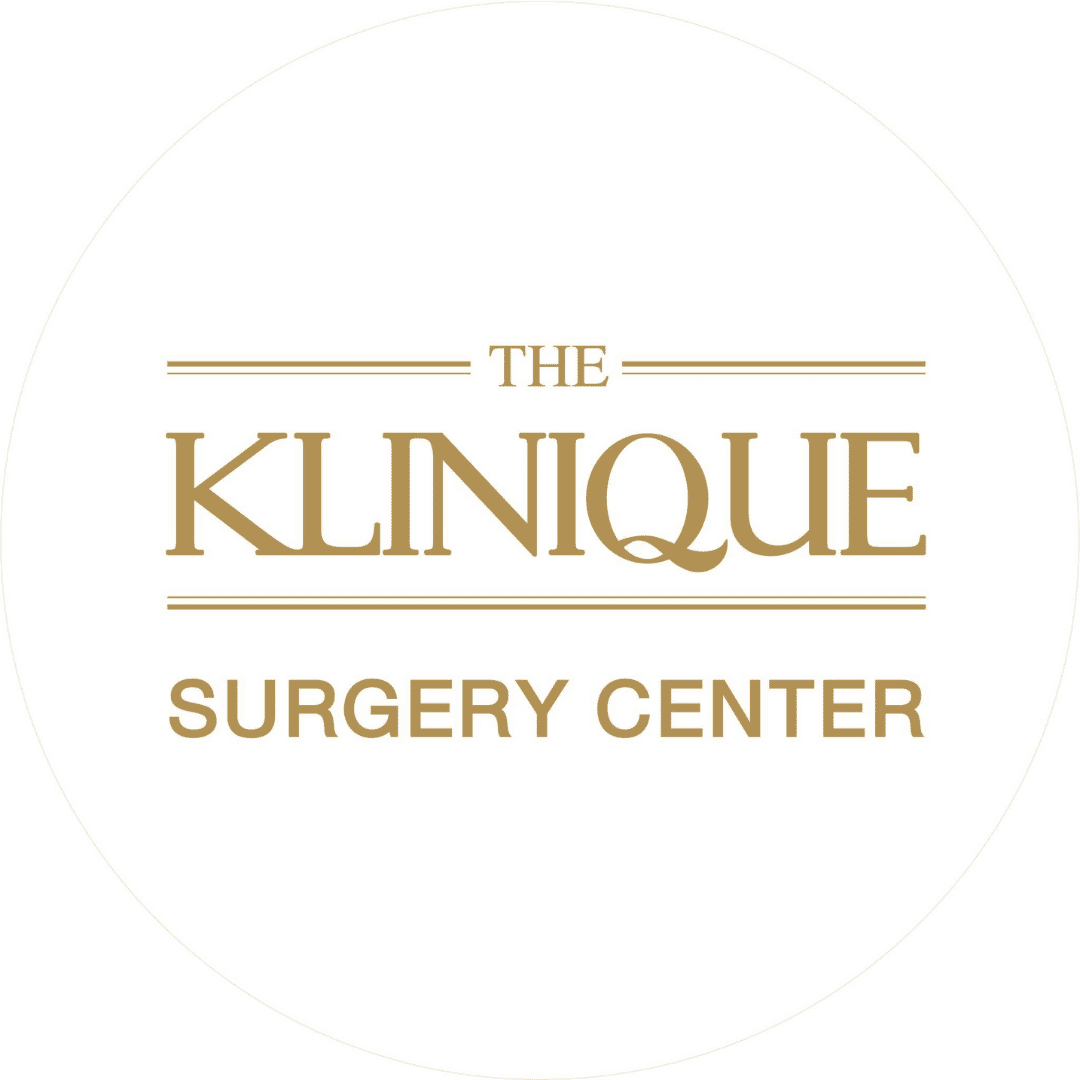

Share this listing